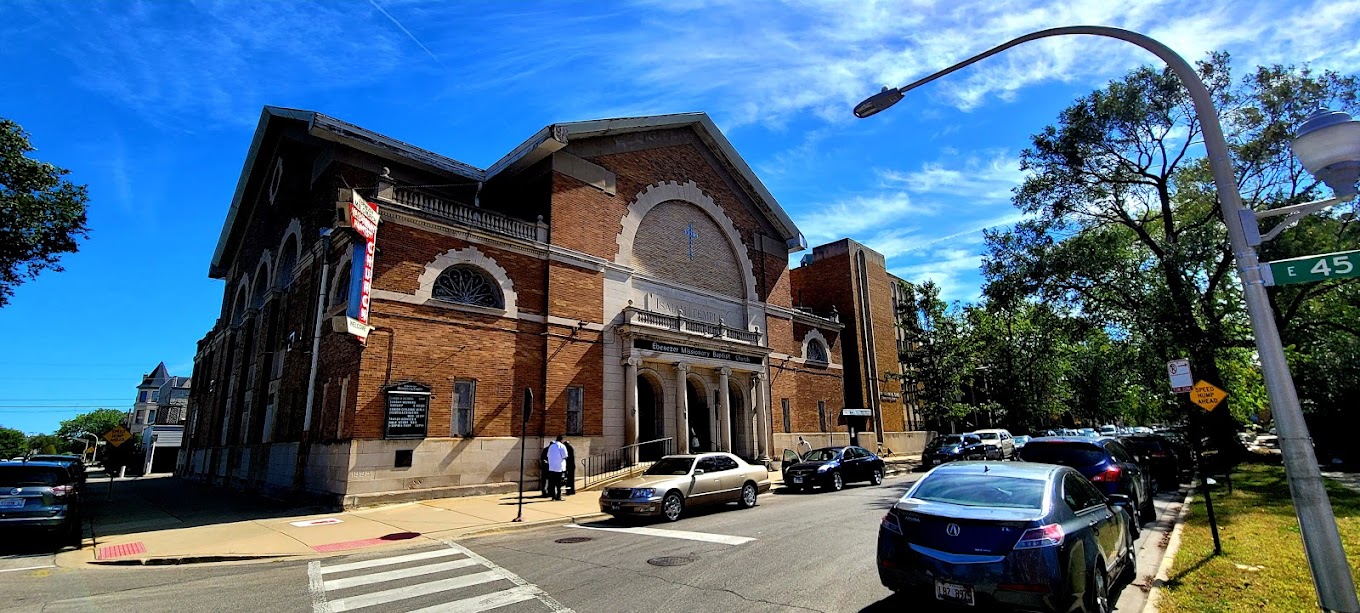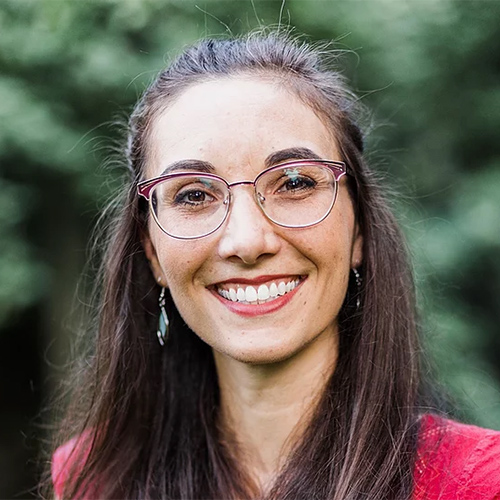My daughter has entered a phase of development where she is starting to be more inquisitive about the customs and practices of our household. In this stage, she is starting to ask me simple but challenging questions about my faith.
As a “preacher’s kid,” she is accustomed to seeing her father preach Sunday after Sunday. Her awareness of the sermons has become more evident through her parading the preaching moment, running through the house shouting, “Yes” and, “Help me, Holy Ghost” — key phrases that I use when sharing the word with my congregation.
Recently, when talking about worship, my daughter asked me a question that I was not expecting. In our conversation about my sermon for that day, she asked, “Do you believe it?”
That particular Sunday, I had spoken about the faithfulness of God as seen through God’s abundance in the development of the early church. Luke, in the book of Acts, recounts a moment when
the whole group of those who believed were of one heart and soul, and no one claimed private ownership of any possessions, but everything they owned was held in common. With great power the apostles gave their testimony to the resurrection of the Lord Jesus, and great grace was upon them all. There was not a needy person among them, for as many as owned lands or houses sold them and brought the proceeds of what was sold. They laid it at the apostles’ feet, and it was distributed to each as any had need. (Acts 4:32-35 NRSV)
In this display of Christian community, the people were so compelled by the grace of God that they became living instruments of the sign and foretaste of the kingdom of God. They denied themselves ownership and became stewards of resources that could be used to address the needs of people. I was challenged by my daughter to answer whether I believed this to be true.
Peter Storey made the claim in a 2021 lecture titled “10 Markers of Prophetic Ministry” that one does not choose prophetic ministry; it lays itself on you. Prophetic ministry rises out of a form of pastoral ministry that engages the least and the lost.
Luke provides a vivid description of what it means to care in a prophetic manner for those in need. The early church believed so much in the imminent arrival of the kingdom of God that they began developing customs and practices that served as glimpses of that kingdom.
Do Christians still believe that we are called to usher in the kingdom of God? Are our contemporary organizations and institutions willing to forsake ownership, or the need to control, to become communities and congregations that are meeting the needs of the oppressed? If so, how does that shape our thinking about ministry in our context? Do we believe that we have the capacity to be stewards of resources in a way that displays God’s abundance?
Mark Elsdon, discussing his book “We Aren’t Broke: Uncovering Hidden Resources for Mission and Ministry,” has said, “If everything we have is what God has given to us to be stewards of, is really the best use — the highest and best use of that money — to generate as much money as possible? Or might it be to generate as much good as possible?”
As Christians, we are to work for the good of the people. Christian leadership is different from any other form of leadership, because we believe and we confess that we can be the instruments of the foretaste of the kingdom of God. Therefore, our customs and our practices tend to be countercultural.
Scarcity is not in our vocabulary. However, when we are good stewards of the assets we have been blessed with and we cultivate an environment of faithful stewardship, we get a glimpse of the abundance that dwells in our community.
Too often, we think we must own the resource to operate the resource. However, we are surrounded by abundance, especially when we work together. The people in need did not have ownership, but they had access. We, as well, do not have ownership, but God has given us access to a host of resources that are meant to be used for the good of the people.
Our ministries should begin to think in terms of being catalysts to inspire others about how we can utilize resources we have access to for the good of the people. That we might not own the resources does not mean that the resources are not in our community. What if we got outside the boundaries of our institutions or even the mindset of ownership and, seeing the assets of community, cultivated a culture of generosity?
Glory is not meant for our institutions but for the God we serve. We do not need to get credit — our greatest testimony is to be a part of the transformation. As my daughter asked me, Do you believe it? Do we believe it?
Luke provides a vivid description of what it means to care in a prophetic manner for those in need.













